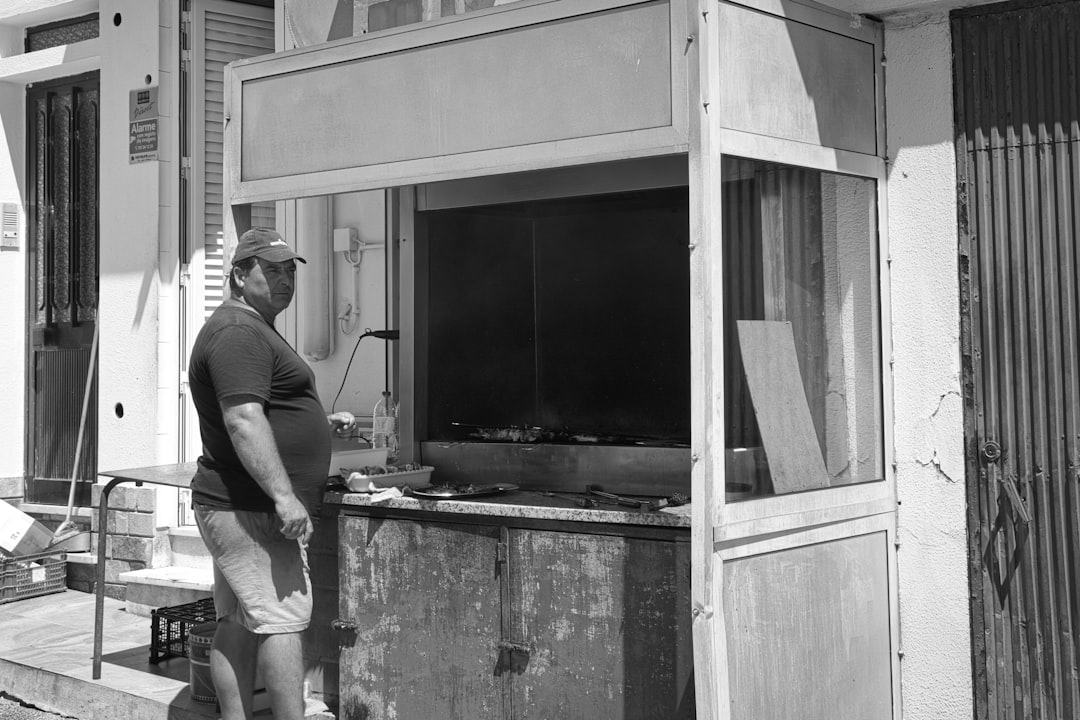CountBricks: San Antonio Microwaves Installation Guide
Construction Costs San Antonio
Price source: Costs shown are derived from our proprietary U.S. construction cost database (updated continuously from contractor/bid/pricing inputs and normalization rules).
Eva Steinmetzer-Shaw
Head of Marketing
Understanding Microwave Installation Costs in San Antonio
Installing an over-the-range microwave in San Antonio involves several cost components. For a standard 1000-watt unit, expect costs to range from $1,330 to $2,460. Here's a detailed breakdown:
- Appliance and trim kit: $330–$560
- Dedicated 15-amp circuit (if required): $180–$330
- Cabinet modification or new cabinet: $200–$460
- Ducted ventilation to exterior: $350–$660
- Labor (licensed electrician + carpenter): $280–$480
These costs are updated in real-time using advanced AI tools, ensuring accurate estimates for your projects.
Factors Influencing Installation Costs
Several factors can affect the overall cost of microwave installation:
- Venting method: Recirculating is cheaper but less efficient than exterior venting.
- Electrical upgrades: Older homes may require additional circuits.
- Cabinet depth: Shallow cabinets may need modifications.
- Finish materials: Custom backsplashes can increase labor time.
Step-by-Step Installation Guide
Follow these steps for a successful installation:
- Verify structural support behind the cabinet face.
- Shut off the breaker and ensure no live wires remain.
- Mark and cut a template for the wall bracket and upper cabinet holes.
- Install backing plate into two studs or add a 2x4 ledger for metal studs.
- Mount the microwave, pulling power cord and vent collar through the cabinet.
- Connect ductwork or charcoal filter kit.
- Restore power, run a test heat cycle, and seal any gaps with approved caulk.
San Antonio Code Highlights
Ensure compliance with local codes:
- The 2021 IRC requires make-up air for hoods exceeding 400 CFM.
- Microwaves must clear the cooktop by 13–24 inches, depending on manufacturer specs.
- All new outlets in kitchens require GFCI protection.
Streamlining Your Project with AI
Utilize AI tools for efficient project management:
- AI Estimates: Capture site details and generate estimates on the go.
- Blueprint Takeoffs: Upload plans and get material lists instantly.
- Change Orders: Update project scope and costs in real-time.
Common Mistakes and How to Avoid Them
Avoid these common errors:
- Using drywall anchors instead of lag bolts into studs.
- Ignoring hood clearance, causing warranty voids.
- Venting into attic space, violating code.
- Forgetting to protect the glass cooktop during installation.
Pro Tips for San Antonio Installers
- Pre-drill cabinet tops to avoid splintering.
- Use a right-angle drill extension for off-center studs.
- Seal exterior vent caps with UV-resistant silicone.
- Offer microwave removal recycling services.
- Snap a final photo for warranty documentation.
Ready to Start?
Visit CountBricks.com to launch a free estimate or book a demo with our AI specialists. Keep your projects on time, on budget, and inspection-ready.
Case Study: Historic Kitchen, Modern Microwave
A recent project in Alamo Heights involved installing a stainless over-the-range microwave in a 1920 bungalow. The contractor used AI tools to capture:
- Cabinet depth requiring a spacer kit.
- Single-layer brick exterior wall for venting.
- Knob-and-tube wiring behind plaster.
The platform produced a $2,180 estimate, including necessary upgrades. The project was completed under budget, with AI tools adjusting the final invoice and providing warranty documentation.
Installation Highlights
- Custom ledger preserved visible shiplap.
- Low-profile duct minimized brick penetration.
- GFCI-protected outlet added per local amendments.
Lessons Learned
- Early discovery of outdated wiring avoided delays.
- Real-time pricing locked in savings.
- Photo-verified compliance sped up inspections.
For similar accuracy on your next project, visit CountBricks.com and schedule a consultation.

